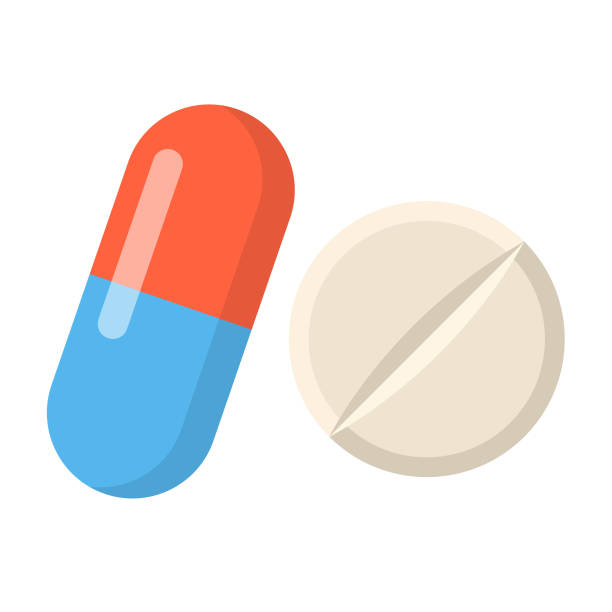Nimodipine
Indications
For the improvement of neurological outcome by reducing the incidence and severity of ischemic deficits in patients with subarachnoid hemorrhage from ruptured intracranial berry aneurysms regardless of their post ictus neurological condition.
Pharmacology
Nimodipine inhibits inflow of Calcium ions into cells by blocking Calcium channels or select voltage-sensitive areas resulting in relaxation of vascular smooth muscle and myocardium during depolarisation. Nimodipine has greater action on the cerebral vessels because of its high lipophilicity.
Dosage And Administration
Adult: Initial dose is 60 mg in every four hours interval for 21 consecutive days, preferably not less than one hour before or two hours after meals. Oral Nimodipine therapy should be commence within 96 hours of the subarachnoid hemorrhage.
Use in Pediatric Patients: While there is no specific information on use of this medication in pediatric patients.
Interaction
Plasma concentration and efficacy may be significantly reduced when administered with strong CYP3A4 inducers (e.g. rifampicin, carbamazepine, phenobarbital, phenytoin). May increase serum levels and toxicity of phenytoin. Increased plasma concentrations with cimetidine or sodium valproate.
Contraindications
Use within 1 mth of MI or an episode of unstable angina. Concomitant use with potent CYP3A4 inhibitors (e.g. clarithromycin, ritonavir, ketoconazole, nefazodone).
Side Effects
Although side effects from nimodipine are not common, the following can occur: headache, dizziness, flushing (feeling of warmth), heartburn, fast heartbeat, slow heartbeat, upset stomach, stomach pain, constipation, depression etc.
Pregnancy And Lactation
Use in Pregnancy: Large doses of nimodipine have been shown to cause birth defects in animals. Human studies have not been done. Before you take nimodipine, tell your doctor if you are pregnant or plan to become pregnant.
Use in Nursing Mothers: Nimodipine may pass into breast milk but has not been reported to cause problems; caution is advised. Consult your doctor for advice.
Precautions And Warnings
Patients with cerebral oedema or severely raised intracranial pressure. Contents of oral capsules should be given only by mouth or through a feeding tube. It must never be administered IV or by any other parenteral route. Hepatic impairment. Pregnancy and lactation.
Overdose Effects
Symptoms: Excessive peripheral vasodilation, systemic hypotension, tachycardia, bradycardia, GI complaints, nausea.
Management: Symptomatic and supportive treatment. Admin of vasopressor may be necessary if significant hypotension occurs. IV Ca salts have been also used for hypotension.
Therapeutic Class
Calcium-channel blockers.
Storage Conditions
Store between 15-30° C. Protect from light.
